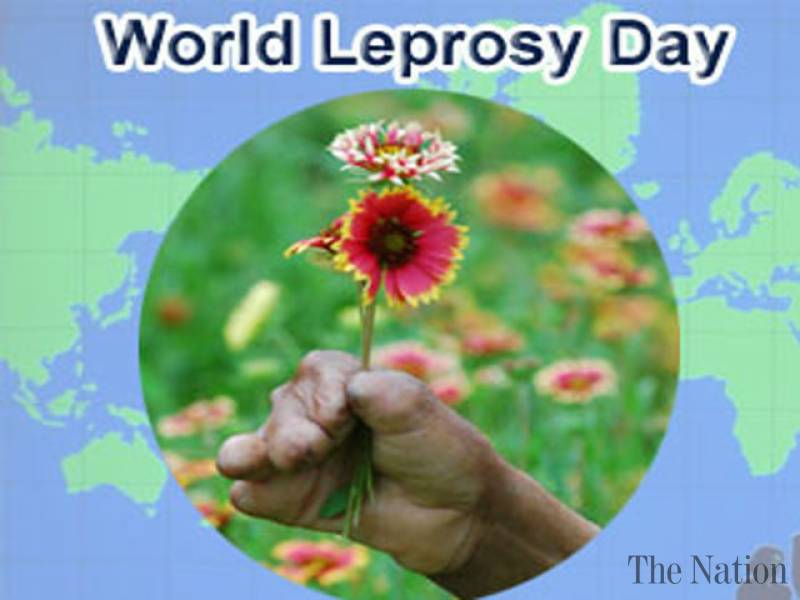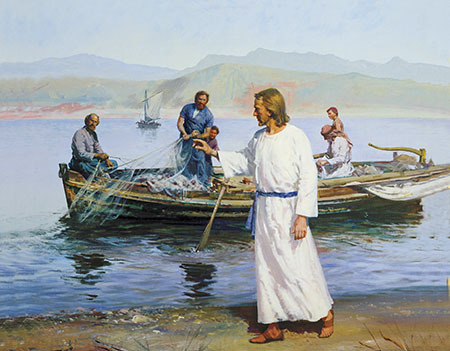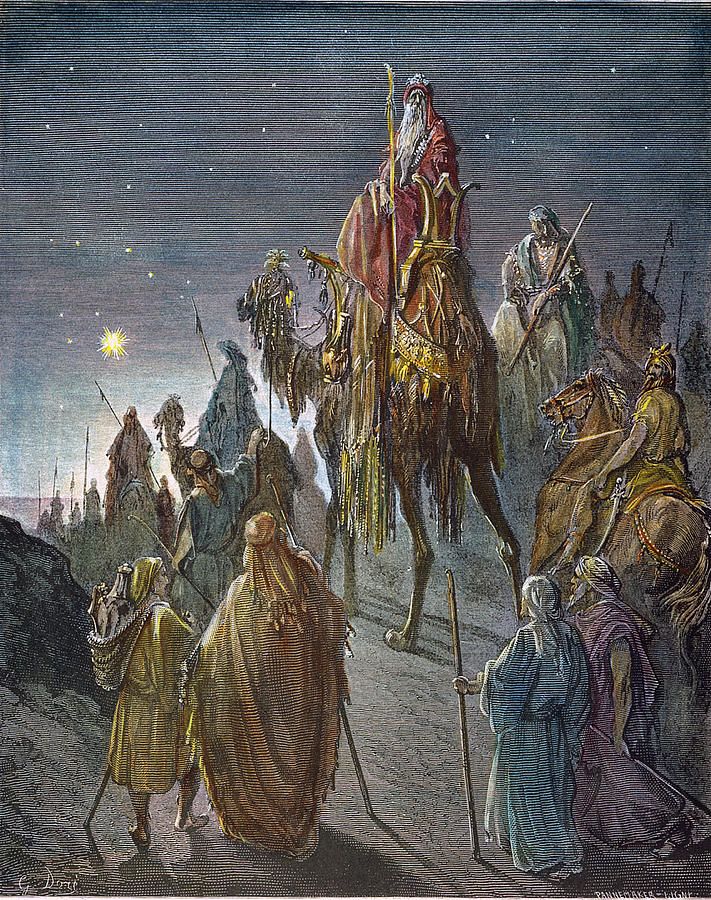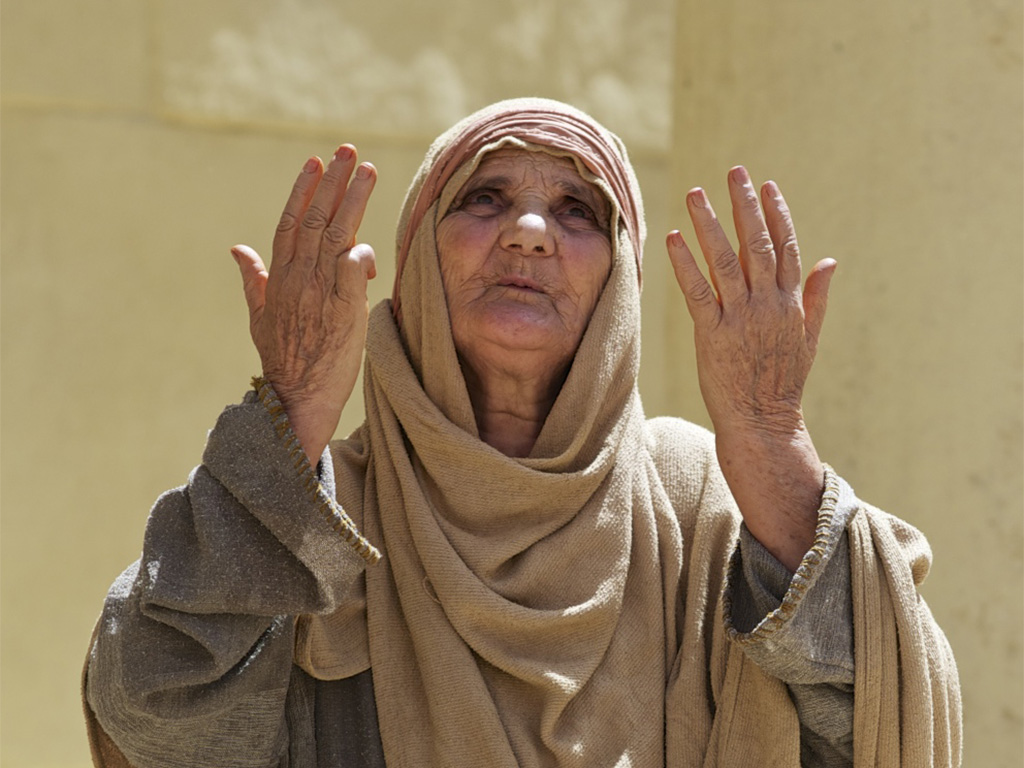 World Leprosy Day is annually observed around the world on the last Sunday of January. The day was initiated in 1954 by French philanthropist and writer, Raoul Follereau, as a way to raise global awareness of this deadly ancient disease and call attention to the fact that it can be prevented, treated and cured.
World Leprosy Day is annually observed around the world on the last Sunday of January. The day was initiated in 1954 by French philanthropist and writer, Raoul Follereau, as a way to raise global awareness of this deadly ancient disease and call attention to the fact that it can be prevented, treated and cured.
About World Leprosy Day
Leprosy is one of the oldest diseases known to humankind. It is also known as Hansen’s disease, named after Norwegian physician, Gerhard Henrik Armauer Hansen, who debunked the prevailing notion of the time that leprosy was a hereditary disease. He showed that the disease had a bacterial cause instead. For thousands of years, people with leprosy have been stigmatized and considered to be at the extreme margins of the society. The aim of World Leprosy Day is to change this attitude and increase public awareness of the fact that leprosy can now be easily prevented and cured.
The date for World Leprosy Day was chosen to coincide with the anniversary of Indian freedom fighter, Mahatma Gandhi’s assassination on January 30, 1948. During his lifetime, Mahatma Gandhi worked tirelessly towards the betterment of people afflicted with leprosy.
Source: Text: timeanddate.com Image: The Nation 60th World Leprosy Day


 the Holocaust”
the Holocaust”  The word IMPRESSION is used in different ways and has different connotations.
The word IMPRESSION is used in different ways and has different connotations.


 Some of us have experienced such a major disturbing encounter with God.
Some of us have experienced such a major disturbing encounter with God. Dear brothers and sisters!
Dear brothers and sisters!
 “When we cannot choose words in order to pray properly,
“When we cannot choose words in order to pray properly, Civilians bear the brunt of the suffering in war. Of the big number of war victims, the most often neglected are children.
Civilians bear the brunt of the suffering in war. Of the big number of war victims, the most often neglected are children.

 Ordinary people making the experience of an extraordinary event.
Ordinary people making the experience of an extraordinary event.

